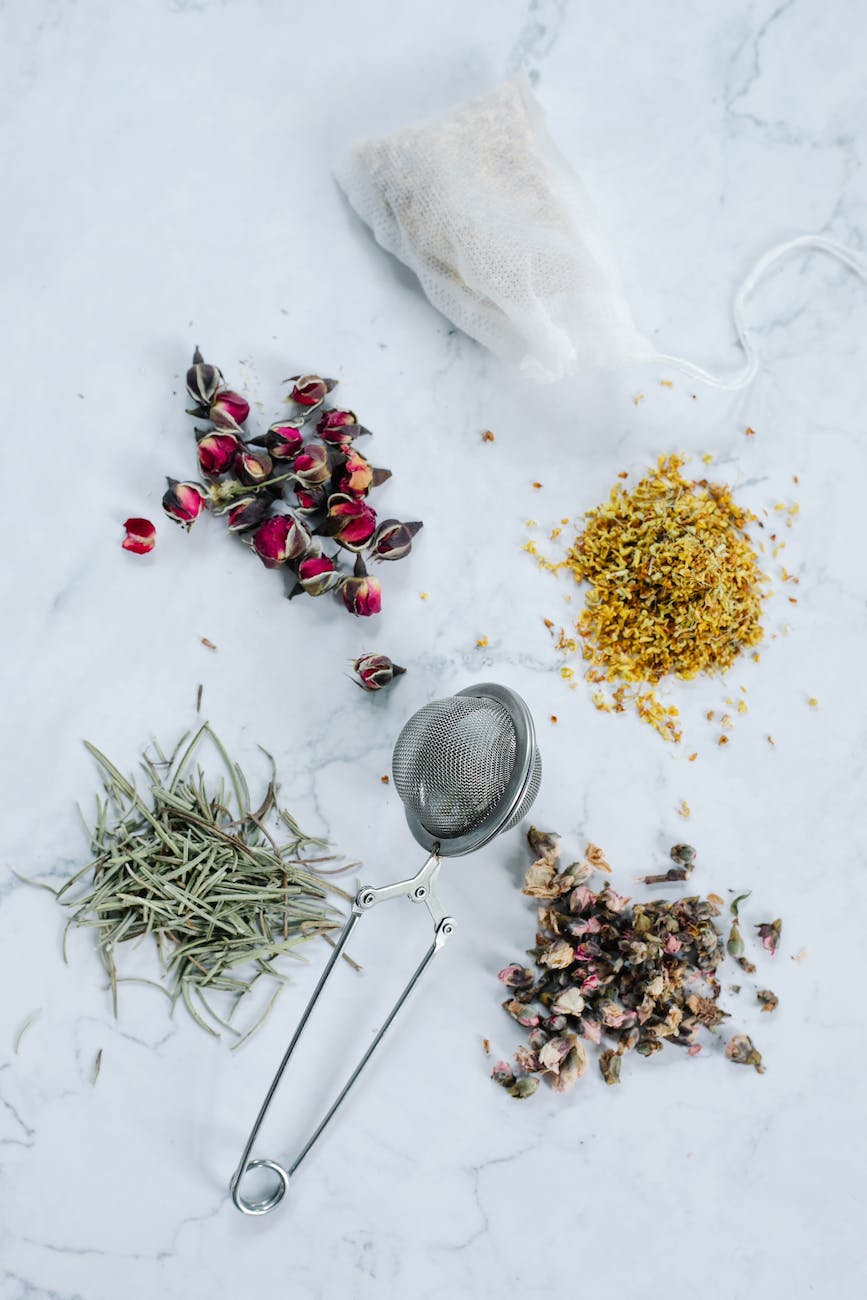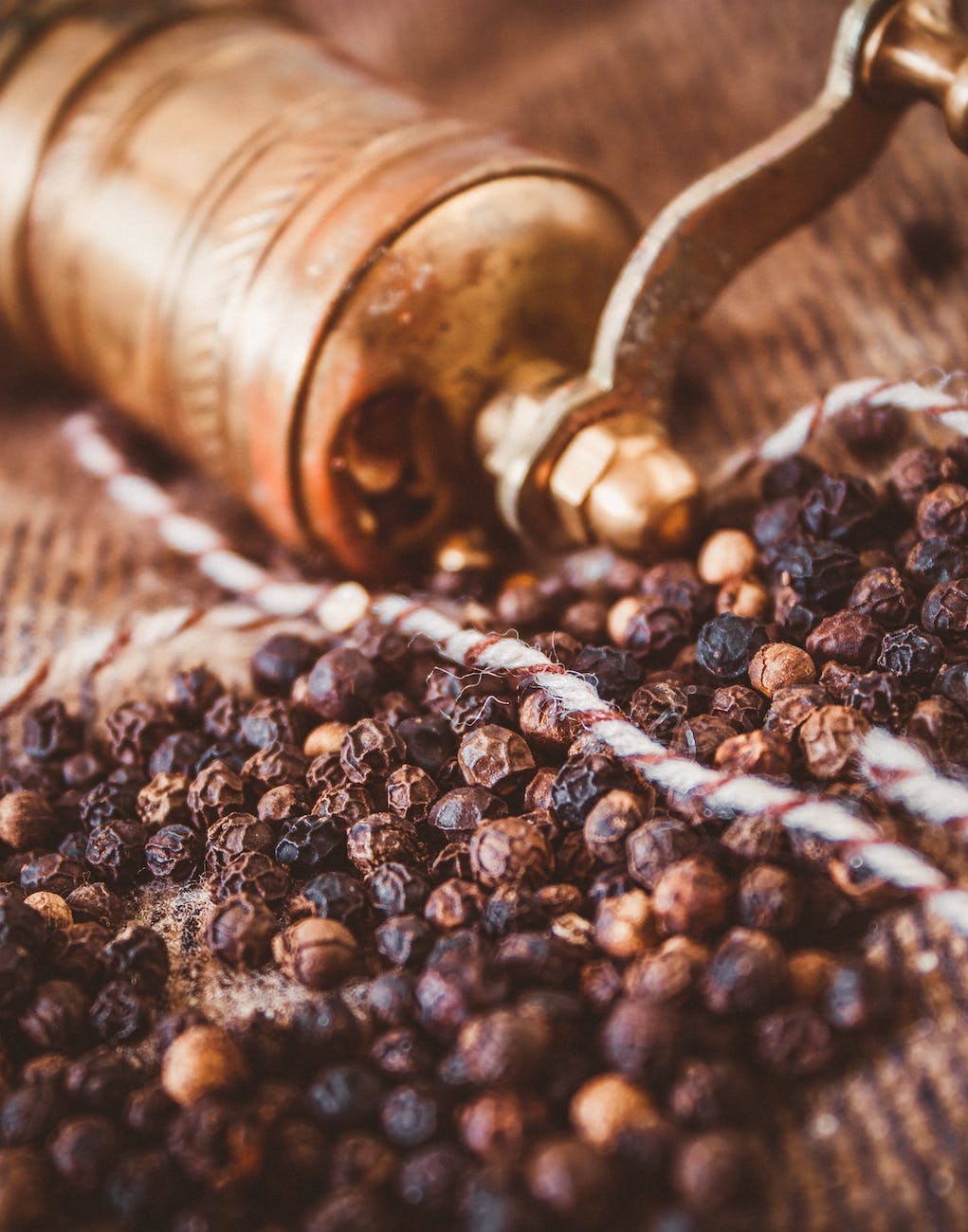
Are you seeking a health-boosting, flavorful beverage that not only aids in your weight loss goals but also enhances overall health? Your search ends with turmeric, ginger, and black pepper tea. This aromatic and delightful blend of spices offers numerous benefits for weight management, digestion, inflammation reduction, and immune system support. In this detailed blog post, we will delve into the remarkable benefits of turmeric, ginger, and black pepper tea, backed by scientific research. Prepare to indulge in a soothing cup of tea while nourishing your body and aiding your weight loss journey. Let’s explore the intriguing world of turmeric, ginger, and black pepper!
1. Turmeric: Boosting Metabolism and Reducing Inflammation
At the core of turmeric is curcumin, a potent compound renowned for its anti-inflammatory properties. Chronic inflammation can lead to weight gain and metabolic disorders. By adding turmeric to your tea, you can harness the power of curcumin to reduce inflammation and support healthy weight management. Moreover, curcumin has been found to boost metabolism and increase fat burning, aiding in weight loss and improving overall body composition.
2. Ginger: Enhancing Digestion and Promoting Satiety
Ginger, known for its unique spicy and warming flavor, has been celebrated for its digestive benefits. It aids digestion by stimulating the secretion of digestive enzymes, promoting better nutrient absorption, and reducing bloating and gastrointestinal discomfort. By adding ginger to your tea, you can support optimal digestion and improve the breakdown and utilization of nutrients from your meals.
3. Black Pepper: Improving Nutrient Absorption and Boosting Immunity
Black pepper, with its sharp and spicy flavor, offers a range of benefits for weight loss and overall health. One of its key advantages is its ability to enhance nutrient absorption. Piperine, the active compound in black pepper, has been found to improve the bioavailability of other nutrients, including the curcumin in turmeric. This means that adding black pepper to your tea can help your body absorb and utilize the beneficial compounds in turmeric and ginger more effectively. Additionally, black pepper has been shown to support immune function, which can be beneficial for overall health and well-being.
4. Preparing Turmeric Ginger Black Pepper Tea: A Simple Recipe
Creating turmeric ginger black pepper tea is a delightful and easy process. Here’s a step-by-step recipe to guide you:
Ingredients:
- 2 cups of water
- 1 teaspoon of grated fresh ginger
- 1 teaspoon of ground turmeric
- 1/2 teaspoon of ground black pepper
- Optional: Honey or lemon for added sweetness or flavor
Instructions:
- Bring water to a boil in a small saucepan.
- Add grated ginger, ground turmeric, and ground black pepper to the boiling water.
- Reduce the heat and let the mixture simmer for about 10 minutes to allow the flavors to infuse.
- Remove the saucepan from the heat and strain the tea into a cup.
- Add honey or lemon, if desired, for added sweetness or flavor.
- Stir well and enjoy the health-boosting benefits of turmeric ginger black pepper tea.
Conclusion
Turmeric ginger black pepper tea is not just a delightful and aromatic beverage; it is a powerful ally in your weight loss journey and overall well-being. By combining the benefits of turmeric, ginger, and black pepper, this flavorful tea supports metabolism, aids digestion, reduces inflammation, and boosts immune function. Incorporate turmeric ginger black pepper tea into your daily routine, and enjoy its warm and soothing embrace while nourishing your body and supporting your weight loss efforts.
Tags: Turmeric, Ginger, Black Pepper, Tea, Weight Loss, Health, Wellness, Nutrition, Metabolism, Digestion, Inflammation, Immunity













